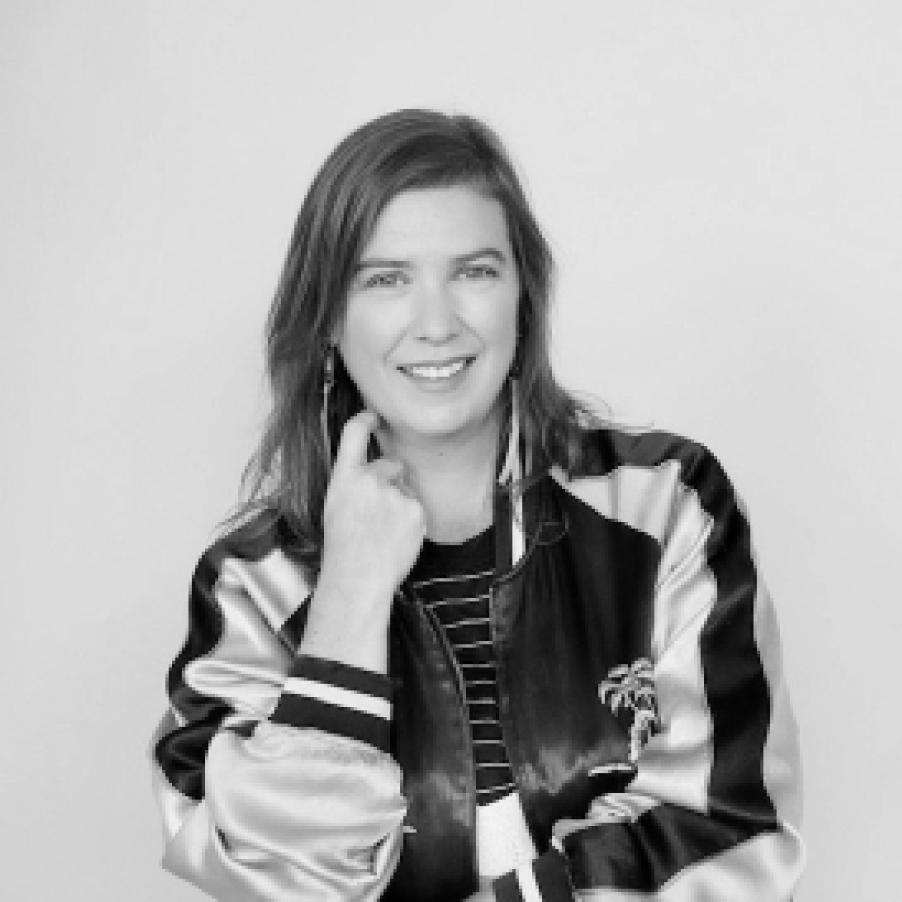
ASKING FOR A FRIEND
What's reasonable when it comes to overtime?
ASKING FOR A FRIEND - QUESTION
When "just this once" becomes every weekend, it's time to draw some lines. Jess Lilley, Creative Director and Co-Founder of The Open Arms with nearly 20 years in award-winning agencies, tackles the thorny question of what's reasonable when it comes to overtime. Spoiler alert: relentless extra hours definitely aren't. With host Andy Wright, Founder of Never Not Creative and CEO of Streamtime, they explore practical strategies for saying no without career suicide, when to involve your colleagues, and why refusing excessive demands isn't giving up – it's self-preservation. Essential listening for anyone wondering if their work-life balance has gone completely off the rails.
When "Just This Once" Becomes Every Single Time
We've all been there. What started as the occasional late night or weekend push has somehow become your new normal. The "just this once" requests keep coming, and suddenly you're wondering if saying no means kissing your career goodbye.
If you're feeling trapped in a cycle of relentless overtime, you're not alone. The creative industry has a complicated relationship with work-life balance, and many of us struggle to know where the line should be drawn between dedication and exploitation.
This question was answered by Jess Lilley, Creative Director and Co-Founder of The Open Arms, with nearly 20 years of experience in award-winning creative agencies and a deep understanding of industry culture and workplace dynamics. The session was hosted by Andy Wright, Founder of Never Not Creative and CEO of Streamtime, who has extensive experience addressing mental health and workplace issues in the creative industry.
The Hard Truth About "Reasonable" Overtime
Let's start with some clarity: relentless extra weekends and nights are not reasonable. Full stop. As Jess puts it bluntly, "extra weekends relentless extra weekends and nights are completely unreasonable they're in no world are they reasonable."
This isn't about being precious or unable to handle pressure. In most other industries, you'd either never be asked to work these hours, or you'd be properly compensated when it occasionally happens. The creative industry's normalisation of constant overtime is an anomaly, not a standard we should accept.
When overtime becomes the rule rather than the exception, it signals something is fundamentally wrong with the organisation or its culture. "It's not sustainable and to me it just suggests you're in an unsafe working environment," Jess explains. This isn't dramatic language, it's an accurate assessment of what these working patterns represent.
How to Say No Without Losing Your Job
The fear of career consequences often keeps us trapped in unsustainable patterns. But there are ways to address the situation that protect both your wellbeing and your professional standing.
Start by having a direct conversation with your manager or whoever needs to hear it. Make the impact clear and document your concerns. "They can't say that they don't know it's affecting you once you've told them," Jess notes. This creates accountability and shows you've tried to resolve things professionally.
Don't go it alone if you can help it. "Safety in numbers don't if you if you feel like it's really hard to broach it yourself talk to your peers and do it together," Jess advises. When multiple team members raise the same concerns, it's much harder for management to dismiss the issue or single out individuals.
When Nothing Changes
If your concerns fall on deaf ears and the demands continue, you have options. Consider taking stress leave if the situation is affecting your health, and start looking for opportunities elsewhere. "It's just not worth it," Jess emphasises.
This might feel drastic, but staying in an environment that consistently demands unsustainable hours will damage your health, relationships, and ultimately your career. There are agencies and studios that have moved away from these practices, and you deserve to work for one of them.
It's Not Your Fault
Perhaps most importantly, refusing to work excessive hours doesn't reflect poorly on you. "It's not a reflection on you giving up or in any way you not being able to hack it or anything like that if you refuse to work those hours it's on them it's not on you," Jess makes clear.
The creative industry has a history of making individuals feel responsible for systemic problems. But the inability to deliver work within reasonable hours points to issues with planning, resourcing, or client management, not your work ethic or capabilities.
Getting Support When You Need It
If you're dealing with workplace issues like excessive overtime demands, bullying, or harassment, Never Not Creative's Support Line can help. This free service provides initial legal advice for creative industry workers facing unfair treatment. Sometimes knowing your rights and options can give you the confidence to address unreasonable demands.
Learn more about the Support Line
You Deserve Better
The creative industry is slowly changing, with more leaders recognising that sustainable practices produce better work and healthier teams. You don't have to accept relentless overtime as the price of a creative career.
If you're currently trapped in this cycle, remember that setting boundaries isn't giving up, it's taking care of yourself so you can do your best work. There are workplaces out there that will value your talent without demanding your wellbeing in return.
our guests
Industry Leader

Jess Lilley
The Open Arms
Mental Health Expert

Ash King
ashking.com
Host

